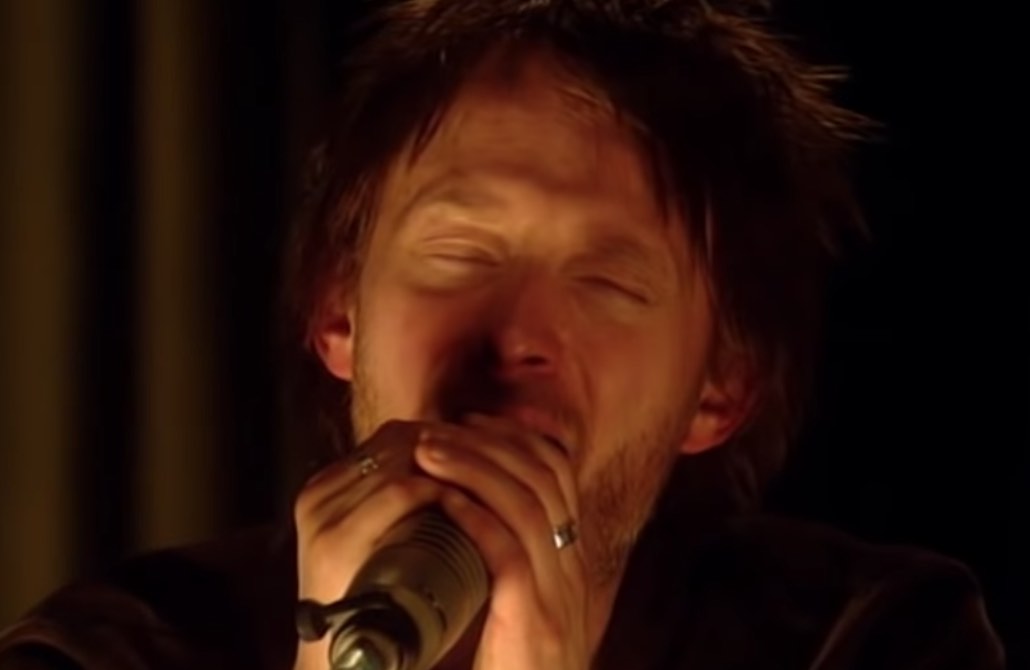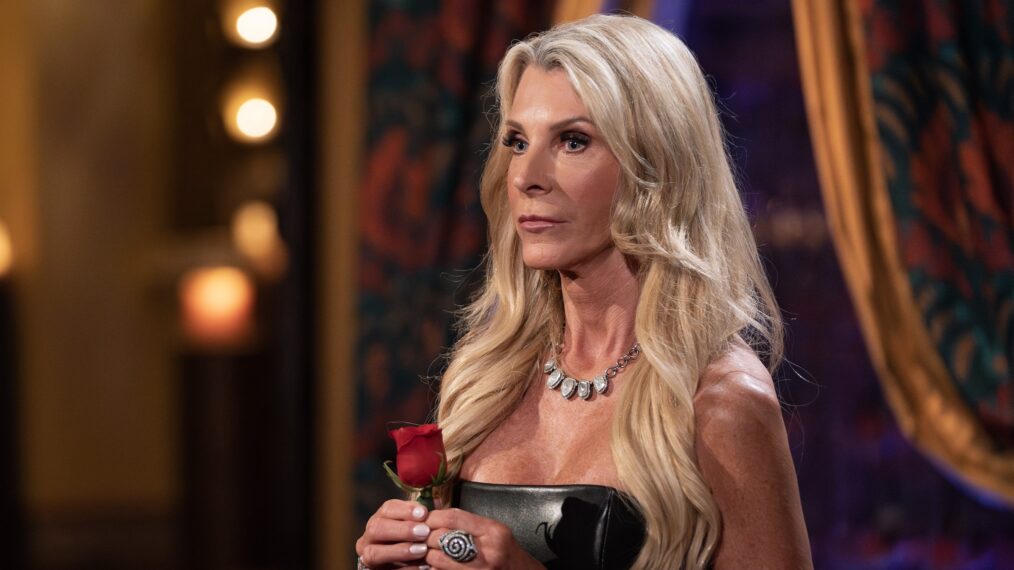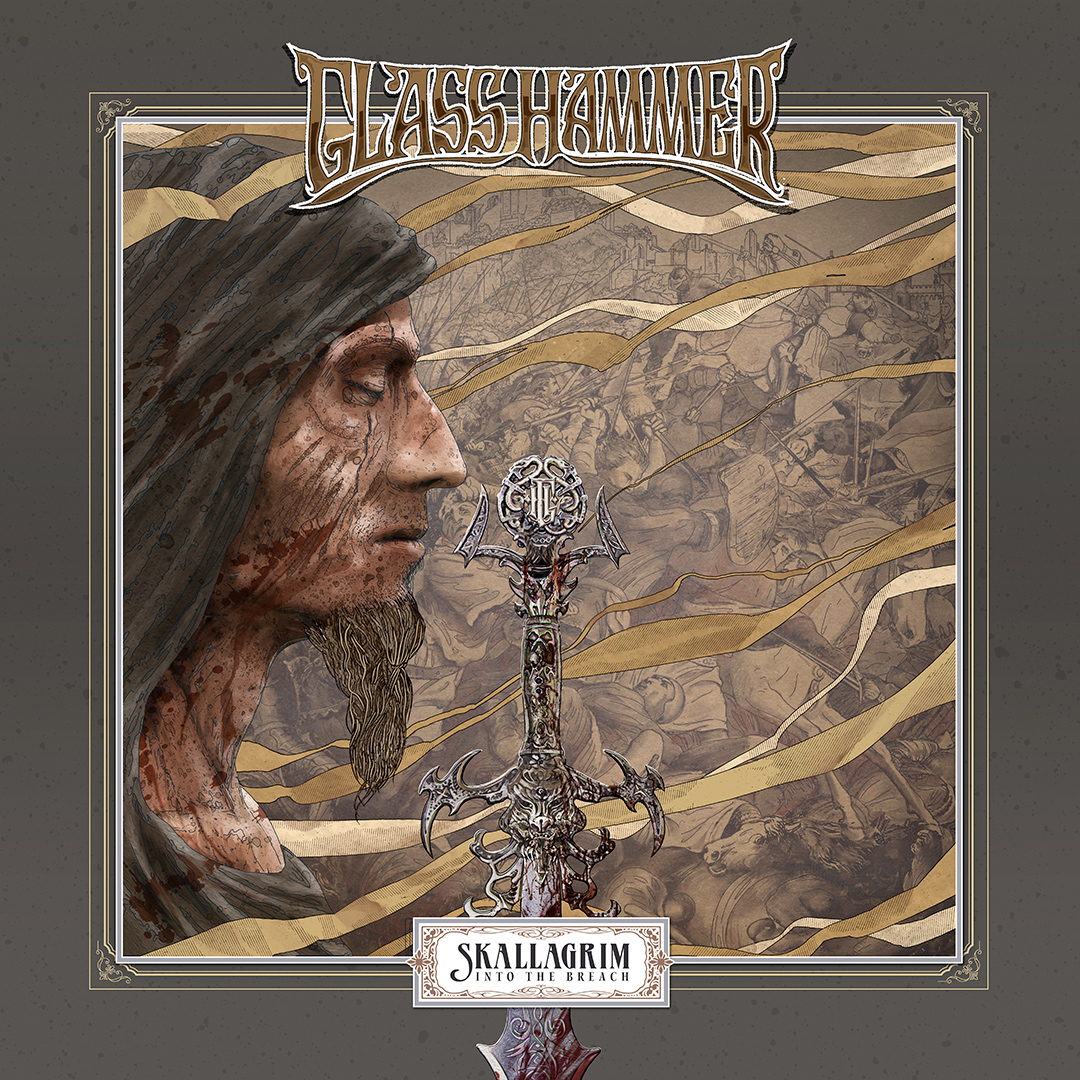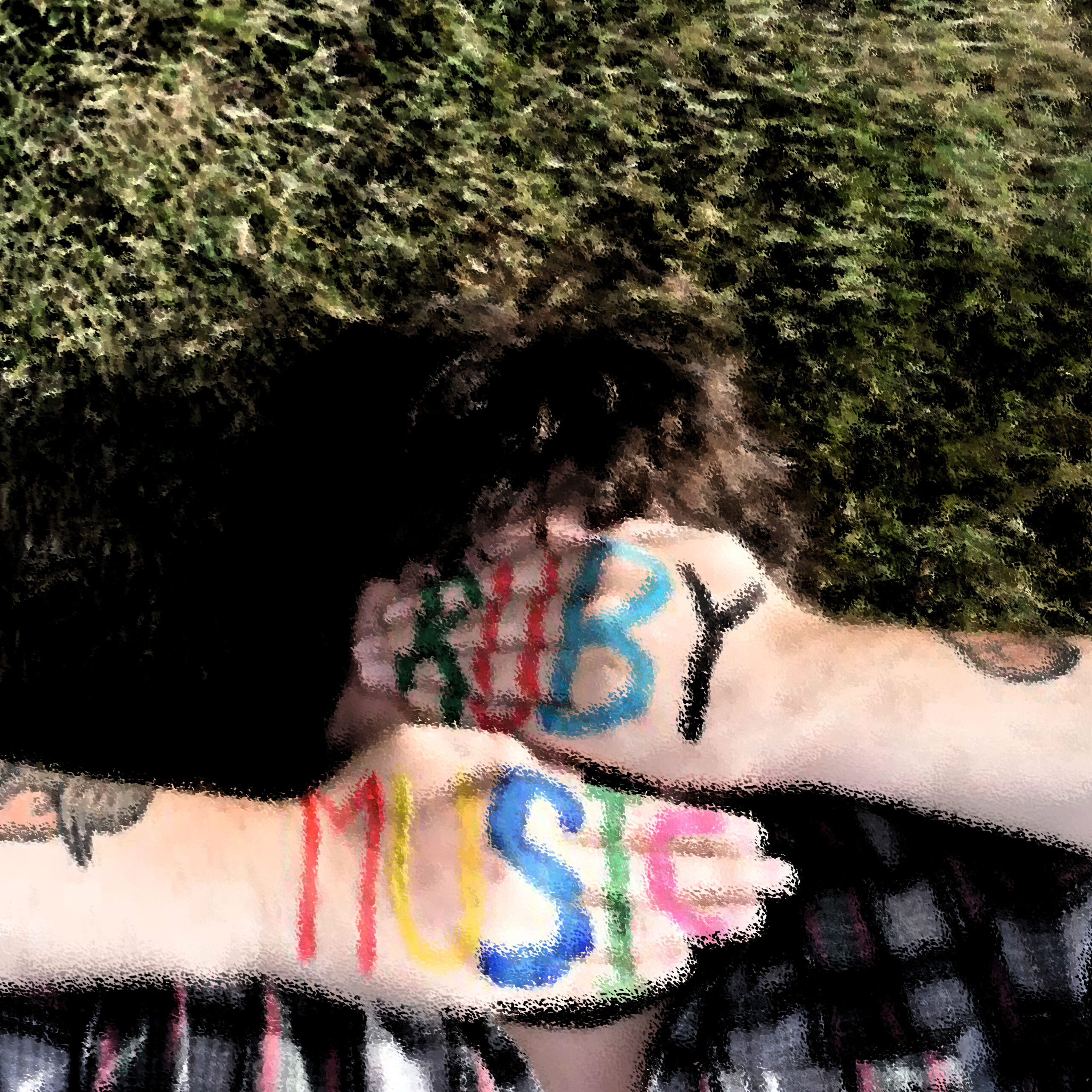The second installment of their Skallagrim trilogy, which began with 2020’s Dreaming City, Skallagrim – Into The Breach came with details of an accompanying novel too. Prog got the scoop from Glass Hammer’s Steve Babb and Fred Schendel.
Broadly equidistant from the considerably larger and better-known metropoles of Nashville and Atlanta lies Chattanooga. The history of the city in southeastern Tennessee includes a significant battle in the American Civil War in November 1863. More contemporarily, Chattanooga has always been home to Glass Hammer bassist Steve Babb. Keyboardist Fred Schendel moved to the so-called Scenic City in the mid-80s, meeting Babb at – where else? – a record store when the latter was on a break from a tour.
And since the group’s formation almost 30 years ago, Babb and Schendel have served as the creative core around which Glass Hammer has orbited. The duo have helmed the band through no fewer than 21 studio albums, with – in time honoured prog traditions – a revolving cast of musical cohorts. Hot on the heels of last year’s Dreaming City, the band have now released Skallagrim – Into The Breach, which constitutes the second part of the trilogy commenced on the former album and is once again inspired by the literary sword and sorcery genre.
Babb professes to be a prolific reader, devouring a variety of books but with a focus on history and historical fiction. But as an impressionable teenager, one author in particular proved to be his gateway to a range of other writers.
“I was into Tolkien by age 15, and from that point on I was on a non-stop quest for other things to read,” he explains. “Of course Tolkien is high fantasy, or epic fantasy, not sword and sorcery. But back then we made no such distinctions. Edgar Rice Burroughs’ John Carter of Mars books were a favourite. Now they call those ‘sword and planet’ books!”
Babb subsequently read that Gene Simmons of Kiss enjoyed Conan the Barbarian comic books. “So, of course, I had to try them! That led me to the [Michael] Moorcock books, and eventually back to actual Conan books by Robert E Howard and others.”
All that reading has inspired Babb many years later not only to write a sword and sorcery-based trilogy of albums, but also to pen a related 120,000-word novel, which is set for publication early next year. Indeed Babb hopes that Skallagrim – In The Vales Of Pagarna will be the first of several books.
“The storyline of the three albums can’t possibly address everything that’s in store for Skallagrim, so I’m taking liberties there,” Babb continues. “Skallagrim’s tale is presented in first person in the album booklets. His styleis very overblown, very ‘heroic’. That’s just to make it a fun read. The Skallagrim in the books is a much more fragile creature, very flawed, filled with self-doubt. And it’s written in third person. The albums and the book are vastly different.”
In a world currently beset by political division, climate change and a pandemic, at first sight Babb’s concept represents escapism. “At the most basic level Skallagrim’s story is about a guy trying to find his girl,” Babb explains. “Then add swords, villains and monsters. For an adventure tale, that’s enough.”
However, dig deeper and the albums and book also operate at another level. “I’m using Skallagrim’s plight to address a great many things, from the existence of a higher power, to the nature of evil in its many forms,” Babb continues. “His world is a mirror of our own. Well, the worst parts of it. So, it’s also about dealing with the darkest things we’ll face over the course of our lives. How do we know who to trust along the way? Where will we find our hope?”
On a lyrical and conceptual level, Skallagrim – Into The Breach is rich in substance. That’s in turn matched by the music that Babb and Schendel have written and continues Glass Hammer’s evolution into a considerably heavier beast.
Schendel reveals that with Dreaming City and Skallagrim… he and Babb were more focused on riffs. “It’s a different kind of writing process than trying to come up with a big epic all the time, taking little ideas and stringing them together into bigger ideas. When you’re just picking up a guitar and trying to come up with a cool, Black Sabbath kind of riff, they tend to come quicker.”
The keyboardist adds that the heavier direction came naturally to him and Babb. “We’ve always gone on a whim as far as what musical direction we might choose to go in on any given album. It tends to change from one album to the next; 25 years of writing complex music can get tiring. I know every band gets to the point where they decide to simplify. But we didn’t want to just suddenly abandon our prog roots and go commercial and try for the hit. We’ve always been rock’n’roll fans. I grew up as interested in Black Sabbath as I was in Yes and The Beatles.”
But is there appetite within the band’s long-term fanbase for the new heavier musical direction? “I do tend to worry about that,” Schendel admits. “But it’s been an evolution over the last two or three CDs and the response has been positive. I think the fans are happy to have a fresh and rocking sound to listen to as well.”
“I’ve always said it’s not just ‘progressive anything’. It’s progressive rock and it needs to rock,” Babb concurs. “We do it in a way that’s not what you might call progressive metal. It’s not any of that showy stuff. It’s rooted in a lot of bluesy stuff like Sabbath. Fred and I grew up listening to Sabbath, Judas Priest, all of that stuff. So if you can combine cool proggy riffs and cool proggy concepts with old-school metal, I think we’re doing something not too many others are doing.”

Of course Glass Hammer have taken some stylistic left turns previously, most notably with 2009’s Three Cheers For The Broken-Hearted. “Our long-term fans have learned that it’s never a permanent situation with us,” Schendel laughs. “That album was scandalous at the time – people were horrified! A lot of fans have finally come around to it and we still like it too. Back then people were thinking we were trying to go commercial, but that was just the statement we wanted to make at the time.”
The band followed Three Cheers… with 2010’s If, which travelled to the stylistic polar extreme and featured vocalist Jon Davison. “Way back in the other direction,” Schendel chuckles. “We’re erratic.” Utilising the services of Davison – ironically well before his recruitment by Yes to replace Benoît David – resulted in accusations of ‘Yes clones’ being levelled against Glass Hammer.
“I didn’t hear that at all,” Babb declares. “Obviously there are some connections there and some of the music’s influence: that’s what we grew up listening to, but that’s not who we wanted to be. Then there was a correction period where we tried to make progressive rock albums. They’re not my favourites.”
With Dreaming City and Skallagrim… under his belt, Babb proclaims himself to be much happier with Glass Hammer’s more recent output. “I’m sincerely excited about what we’re doing – bandmembers, the sound, and Fred really stepped up as a rhythm guitar player. He’s our keyboard player but he’s a metal fiend on guitar, which I think is a surprise to people.”
Describing himself modestly as “a decent guitar player under studio conditions”, Schendel explains that he has always enjoyed dabbling on guitar. “I used a lot of trickery to help me out. I don’t want to abandon keyboards, but I do what I can to insinuate myself into other musical pursuits such as guitar and drums.”
However the real revelation of Skallagrim… is the arrival of new vocalist Hannah Pryor. Over the years numerous vocalists have passed through the Glass Hammer’s ranks, with Susie Bogdanowicz, Michelle Young, Carl Groves and Walter Moore all serving at various times, in addition to the aforementioned Davison.
Bogdanowicz in particular was highly regarded by the band’s fans. However, according to Babb, the singer moved to Florida after Three Cheers… and currently resides 500 miles from Chattanooga. Since then, she’d made flying visits to Glass Hammer’s studio or recorded locally in Florida. And while Davison was physically present for 2011’s Cor Cordium, similarly he had worked principally remotely with the band during his four-album tenure.
“We had wished for some years now to have a band that’s local, and that’s not been the case. People were spread out all over the place. Nobody could help it, but that’s not helpful to the music,” Babb sighs as he recalls the limitations under which Glass Hammer frequently recorded lead vocals.
Pryor came to the attention of Babb and Schendel as part of an unrelated project that they were producing at their studio. “That’s how a lot of our members have come to us over time,” Babb says. “I was told her voice was awesome before she got here. When Fred heard her he immediately said, ‘She’s the one.’ Hannah’s been a real trooper.”
With a background in musical theatre and Christian music, Pryor is not only a local find but also a newcomer to the progressive scene. “I grew up on 80s rock, as that’s what my dad always played.” Professing Heart to be her favourite band and namechecking Pat Benatar and “all the classic female rockers”, Pryor’s voice sounds wonderfully well suited to Glass Hammer’s latest musical exploits.
“It’s been a huge learning curve but probably the most exciting parts of my week have been Fridays when I can come in and do progressive rock,” she enthuses. “I had no idea that this was a music genre. I was asking: ‘Progressive rock. What does that mean?’”
“Let us show you the 5,000 pages of internet wars about that subject. You can immerse yourself,” Schendel responds wryly.
Babb and Schendel are forthright about the benefits of geographic proximity. In their view being able to work face-to-face regularly with their new singer has resulted in a more vocally developed album than on some previous occasions.
“Hannah would come in and do a basic demo where she’s learning the song,” Babb recounts. “We didn’t begin to cut final tracks until she knew everything. There were times before where Fred and I did a ton of back-up vocals. We liked doing them. I don’t want to disparage any of our previous singers, but part of it was to cover up the missing creativity in the lead vocals because they weren’t allowed the time to do the vocals to the top of their talent.”
















































































































